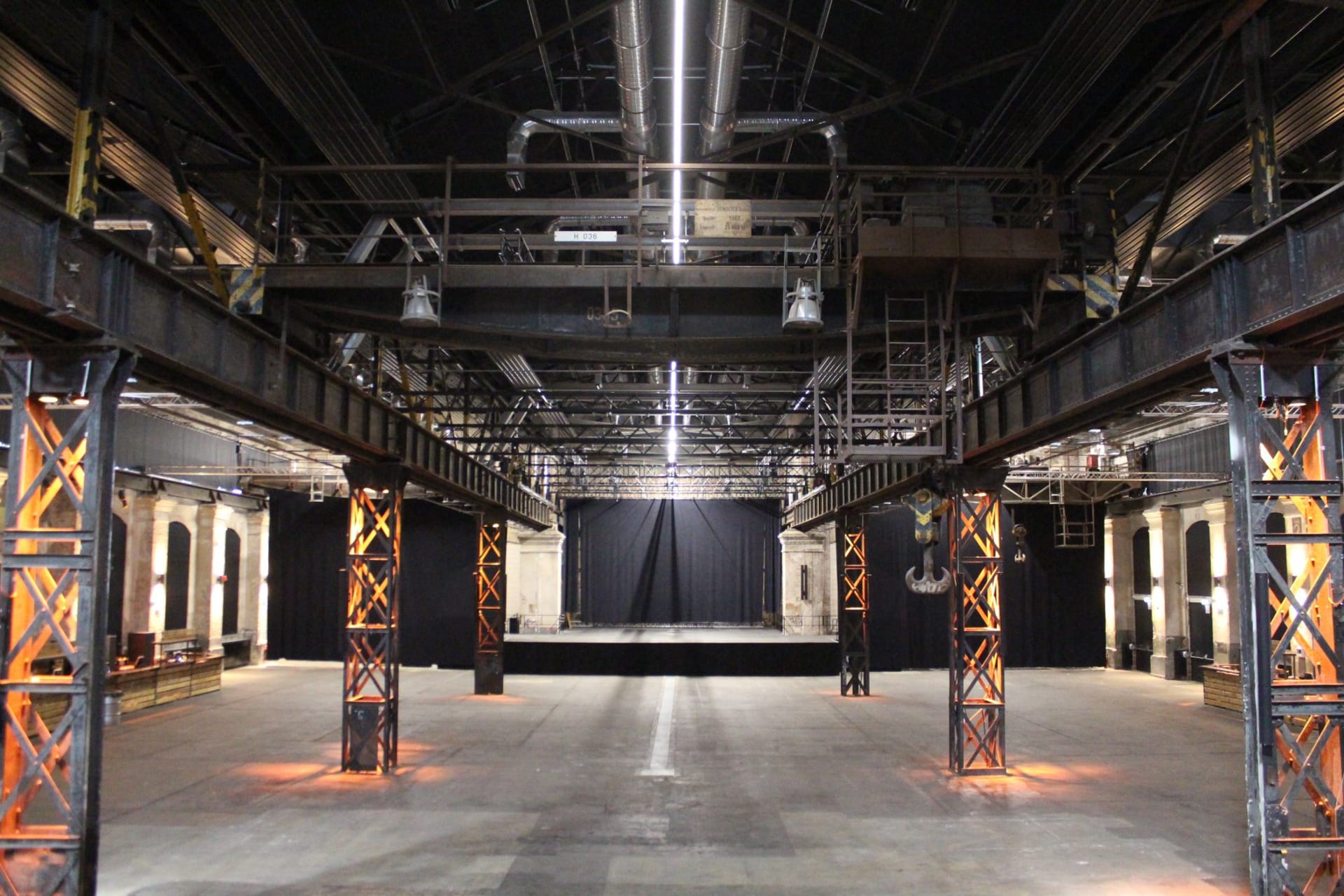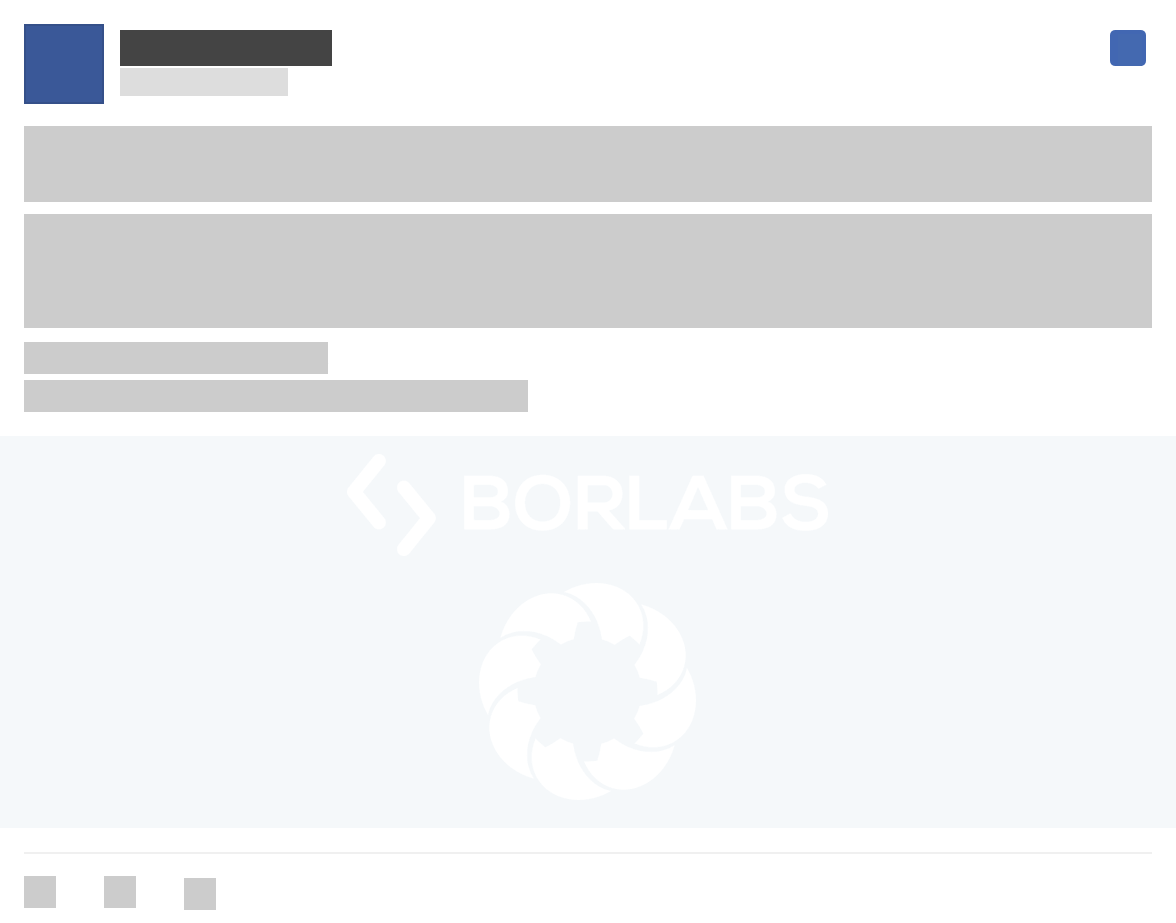
A Conversation With The Team Behind MUMA 2019, A Dance Music Conference In Dortmund
MUMA is a conference that aims to start a dialogue about nightlife in the Ruhr area.
A healthy club scene and nightlife in general make cities attractive. This simple truth has slowly but surely been recognized over the last few years, with more and more metropolitan cities like London, Paris or Amsterdam installing a night mayor to address all things nightlife. Dimitri Hegemann, Tresor-founder and tireless cultural explorer, has been especially active in lobbying for strong nightlife economies and the benefits they bring for cities. He co-created the Happy Locals initiative with Anette Ochs (read our in-depth interview with them here) as well as the non-profit organization Detroit-Berlin-Connection alongside legendary Detroit techno collective/label Underground Resistance. With the conference MUMA (Musik und Maschine), which is going to happen this weekend, November 22 and 23, at Dortmund’s Warsteiner Music Hall, we can add another effort to the list.
MUMA originally started back in 2000. Initiated by Hegemann and Jeff Mills during the annual Love Parade weekend as a platform for labels and artists and a forum to discuss the effects of the music industry’s digitalization, the conference was short-lived and stopped after the 2002 edition. With a new team and a new regional focus, MUMA 2019‘s objective is on creating a dialogue between the Ruhr area’s creatives, artists and club owners on one side and law makers and politicians on the other.
The conference will coincide with the soft-opening of Tresor.West, the new sister club of Berlin’s world famous techno basement, which will have its official opening on December 20. We spoke to the new MUMA team about the conference, the Ruhr area and their goals.
Where did the idea come from to revitalize MUMA after a 17 years hiatus?
MUMA Team: We were thinking about ways and formats to discuss club culture and—in a broader sense—night culture in the Ruhr area. Jonas was already in touch with Dimitri [Hegemann], because he had invited him to Münster in 2017 for a public talk with a sociology professor. After this invitation, they stayed in conversation and in mid-2018 Jonas introduced the rest of the team to Dimitri. When Dimitri heard about discussions he suggested MUMA. At that point none of us was aware of MUMA’s short conference history in Berlin in the early 2000s. But we found the story behind it very exciting and the name fitting. Therefore, we decided to develop a corresponding conference project under the MUMA label.
Who is involved in the conference?
MUMA Team: The core team consists of Christina Danick, Jonas Eickhoff, Lennard Poschmann (a.k.a. Orson Wells) and Chantal Schöpp. We are all coming from different fields and backgrounds. In our spare time we work together to get MUMA off the ground. Dimitri Hegemann holds the position of the chairman. And Norbert Smuda and Marc Heimann of the Tresor.West help us a lot with implementing the MUMA conference.
What came first, the plans for Tresor.West or MUMA 2019?
MUMA Team: The abstract plans for something like the MUMA conference came first. Then Dimitri found this exciting location at the former Hoesch/ThyssenKrupp steel plant—we guess through Inke Arns of the Hartware MedienKunstVerein, but we are not absolutely sure—and decided to transform it into a Tresor offshoot. The opening of Tresor.West seems to be the perfect platform and starting point for the conference.
What’s the relationship between the club and the conference?
MUMA Team: As we said before, the MUMA conference is certainly connected to Tresor.West. It offers a strong platform and its opening is a big thing here in the region. But the scope of MUMA—the questions we want to address and discuss—is the entire Ruhr area. We want to know what is currently missing to have a more agile nightlife. The general orientation and mission statement of Tresor.West fits really well with this mission, as the club’s aim is not to compete with existing venues, but to build up a larger network for the Ruhr area, which is also open for artistic experiments.
Tell us a bit about nightlife in Dortmund and the Ruhr area. Past and present. What are the challenges? What’s the status quo?
MUMA Team: Without wanting to offend anyone, we think it is fair to say that there currently is no real club culture and night life scene in the Ruhr Area. Of course, there are clubs like Goethebunker, Tanzcafé Oma Doris, Hotel Shanghai, Schumacher Club and parties like The Third Room or festivals like Ritournelle, Pollerwiesen, Acting in concert, Shiny Toys and Blaues Rauschen, but given the size of the Ruhr area they are probably too scattered. There is even an institute for Popular Music in Essen, led by Hans Nieswandt, but all these things don’t make a healthy scene, as it seems. We can’t really say how things used to be in the past, since we are all younger, but based on some research, there seems to have been a bigger scene in the Ruhr area during the 90s with clubs like Planet in Bochum or Rote Liebe in Essen. Essen also used to be home to Important Records, where Vladimir Ivkovic worked temporarily. Hunee comes from Bochum, and members of Kraftwerk, Neu!, DAF, Einstürzende Neubauten and Porter Ricks came from or at least lived in the Ruhr area. But basically all of them moved away. In any case, we now want to look forward and perceive what is currently missing as an opportunity to develop something with its own unique character. The Ruhr area is one of the largest conurbations in Europe, so, in alliance with different art forms and professions, with think there is a lot of untapped potential.
What do you hope to achieve with MUMA?
MUMA Team: We would like to participate in the development of a healthy creative electronic music nightlife scene in the Ruhr area. One of our objectives is to formulate concrete goals, strategies and demands to achieve this. The conference will have the form of moderated workshops, where we and our guests discuss different topics that are crucial and pressing. In addition, input providers will report on examples of best practices and we will take a look at the potential of alliances within this year’s MUMA conference – e.g. with other regions or across the arts, that means between electronic music, visual and performing arts, literature and others. We want to build bridges.
How have the reactions been so far, from the local electronic music scene and politicians?
Cautious, but interested in general. We confidently say: The best ideas are born at night!
You can find more info about the conference and the Telekom Electronic Beats Clubnight at Tresor.West here and here.
Published November 21, 2019. Words by EB Team.

